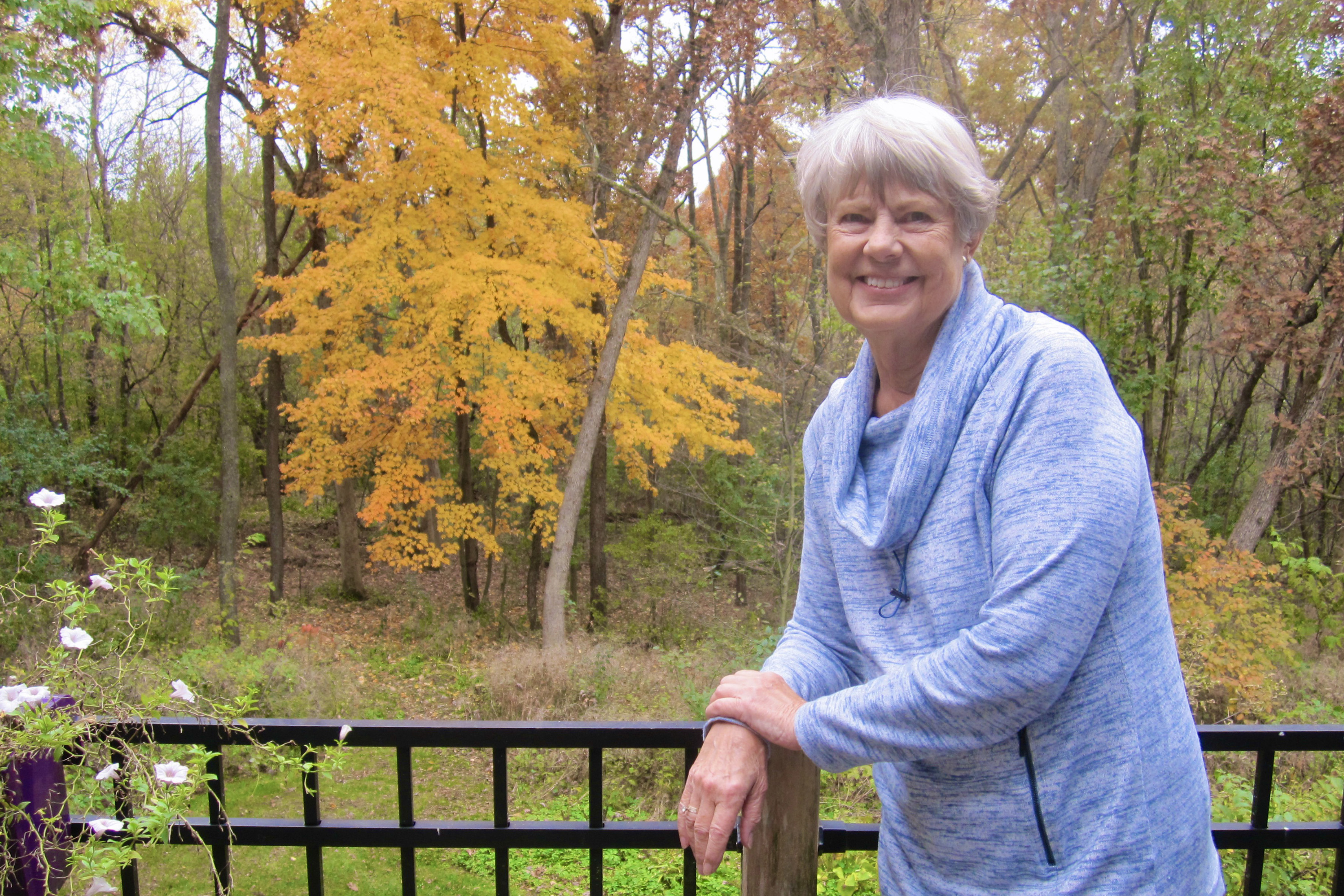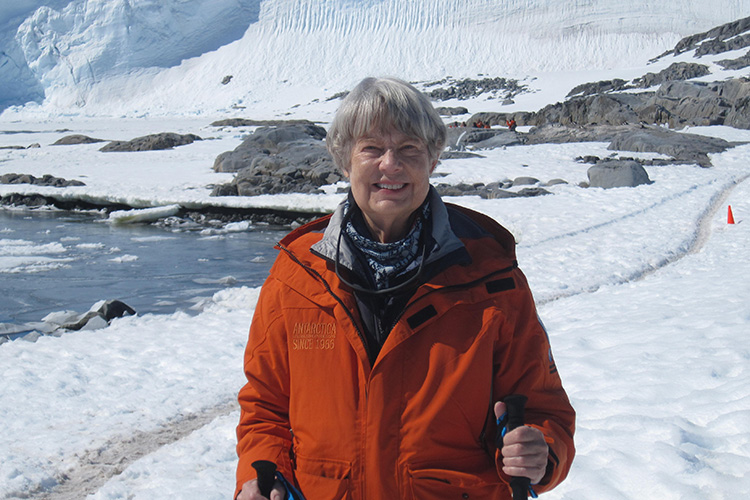A Doctor Finds Her Calling
-
-
MIT Technology Review
- 1
Filed Under
Recommended

When Sara Clope Long ’69, SM ’78, came to MIT in 1966, she planned to major in math and perhaps join the space race. “I worked my butt off,” she says. “I just couldn’t do it.” Instead, she riffled through the course catalogue and found a new major: political science. “I absolutely loved it, and my grades shot up,” she says. “I was more interested in people than numbers.”
People and their issues have been a North Star ever since for Long, who is now a psychiatrist.
She started out as an educator, inspired by volunteer work she did while at MIT with Upward Bound, a program that helps prepare high school students from underserved communities for college. After a year spent teaching in England, she returned to the States and earned a master’s degree from the University of Wisconsin–Milwaukee in the burgeoning field of special education.
In 1971, she began teaching students with learning disabilities in Scituate, Massachusetts. “I just loved it,” she says. “I was able to really work with them and help them to feel like they could accomplish something.”
Long gained more responsibility as special-needs programs expanded—spurred by the federal law passed in 1975 that required all public schools to provide free education to children with disabilities. “Before that, it would be up to the parents [to find ways to educate] students who were not able to function well in school,” she says. Long was named director of special education for the Scituate Public Schools and began managing other teachers.

She came to realize she enjoyed creating programs more than running them, so she returned to MIT for a master’s degree in management, which she earned in 1978. She intended to use the skills she learned to advance in the field of education, but MIT opened her eyes to additional opportunities, and she instead began a new career in human resources. She went to work for Sun Company (now Sunoco), where she focused on executive succession planning, team-building, and organization development.
Then, sometime in the early 1980s, gas prices dropped and Long found herself in a meeting with executives hoping to drive them back up. “Suddenly, I was feeling that I don’t know which side of the gas pump I’m on. I like having lower gasoline prices,” she says. “It wasn’t feeling like this job matched my value system.”
She was considering next steps when a chance conversation at a Thanksgiving party led to a realization that startled even Long herself: She wanted to become a doctor. “It was a calling,” she says. “I suddenly decided I wanted to go into medicine.”
Going to medical school in her mid-30s was a daunting prospect. “I would wake up in the middle of the night thinking this is absolutely crazy,” she says. Yet she took the plunge and entered the postbaccalaureate premed program at the University of Pennsylvania. She planned to keep going just as long as she found it interesting. As it happened, she says, “I just loved everything I was learning!”
Long earned her MD from the Medical College of Pennsylvania in 1990 and did her residency in psychiatry. She worked for more than 20 years at a midsize mental health clinic in Wisconsin, providing psychotherapy and medication management for adults with mood and anxiety disorders and other mental-health issues. It was clear to her that she had finally found her calling. “I enjoy learning people’s stories,” she says. “It’s gratifying to see them grow and function more effectively.”
Although Long officially retired in 2018, she now volunteers part-time at a free clinic for those without health insurance. “I really like my patients,” she says. “I’m grateful to be someone they trust with their care."
This story also appears in the January/February issue of MIT Alumni News magazine, published by MIT Technology Review.









Comments
Peter Sexton
Sat, 01/18/2025 2:58pm
Many degrees
Dr. Long should update her entry in the alumni directory to include all her degrees.